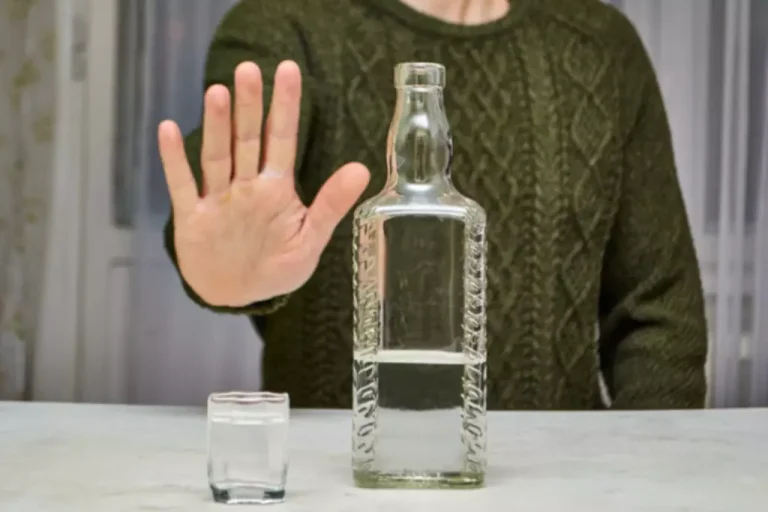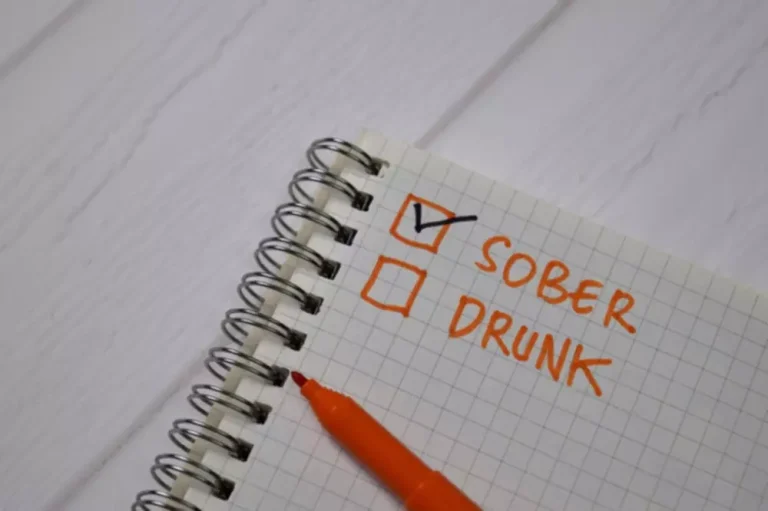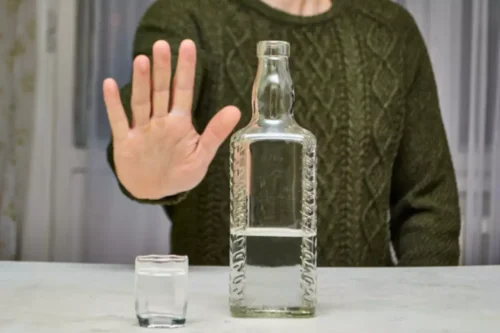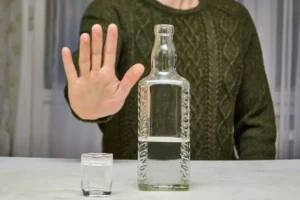Addiction Treatment National Institute on Drug Abuse NIDA

People sometimes fear seeking help for drug addiction due to concerns of legal consequences or, when the person who is addicted is a parent, the involvement of Child Protective Services. However, privacy and confidentiality in substance abuse treatment is mandated not only by professional ethical guidelines and, usually, state law (like all mental health treatment), but also by special federal laws. Substance abuse can lead to substance dependence or addiction when both the amount of substance used and the rate of use increase.
Next steps
In an opioid overdose, a medicine called naloxone can be given by emergency responders, or in some states, by anyone who witnesses an overdose. Withdrawal from different categories of drugs — such as depressants, stimulants or opioids — produces different side effects and requires different approaches. Detox may involve gradually reducing the dose of the drug or temporarily substituting other substances, such as methadone, buprenorphine, or a combination of buprenorphine and naloxone. SAMHSA Offices and Centers provide national leadership to advance the agency’s mission and improve the behavioral health of the nation. Peer recovery supportThere are many support groups available—based on the type of issue you’re dealing with.
- However, privacy and confidentiality in substance abuse treatment is mandated not only by professional ethical guidelines and, usually, state law (like all mental health treatment), but also by special federal laws.
- One of these shown to be beneficial is cognitive behavioral therapy (CBT).
- One of these is the medication ketamine, which numerous NIMH-funded studies have shown has fact-acting and lasting effects in people with mood disorders like depression.
- Processing these repressed emotions empowers patients to understand how their past affects their current decision-making, behavior, and relationships.
- 50.2 million American adults considered themselves to be in recovery from their substance use and/or mental health problems.
Frequently Asked Questions (FAQs) About Substance Use Therapies
- Fortunately, there are a variety of specialized rehab types and treatment programs to choose from to suit each person’s individualized needs.
- They are part of most treatment plans and usually happen with a licensed behavioral health professional, either one-on-one or in a group setting.
- “If we can regulate all these other things in California, we can regulate when people are intending to care for our most vulnerable in their weakest moment,” said Foley.
- If you are an intravenous drug user, there are ways in which you can reduce the risk of harm.
In many cases, an educational component is included so that spouses, siblings, parents, and children better understand the disease model of addiction. Through individual therapy sessions and group education, dialectical behavior therapy promotes skill-building in four key areas. If you’re insured, check with the directory of your insurance company to confirm which services are covered and whether the support is inpatient or outpatient. Once you’re stabilized, you may transition to an inpatient treatment facility.
Inpatient Treatment

Seeing someone you love live with addiction can be difficult to experience. The first step is to get educated about addiction and how everyone is impacted by it. Getting mental health support for not just your what is the best treatment for substance abuse for older adults loved ones, but yourself as well, can aid in encouraging recovery and preparing a person to seek help. Like detoxification, inpatient treatment is done in a controlled environment, such as a hospital-affiliated clinic. It allows healthcare professionals to closely supervise recovery and offer around-the-clock treatment.

Medication
With an average of $575 per day, this could cost $17,250 for a month-long program. By contrast, a partial hospitalization program averages $400 per day, or $12,000 for a 30-day period. Not all health insurance providers offer comprehensive coverage for mental health or substance misuse treatments. It can also be used for several types of substance use disorders, including alcohol and opioid misuse.
- Motivational interviewing (MI) is client-centered counseling developed to help you find the internal motivation to quit.
- Find treatment programs in your state that treat recent onset of serious mental illnesses.
- More information is below about understanding relapse and preventing relapse after substance abuse treatment.
- With an average of $575 per day, this could cost $17,250 for a month-long program.
- There is no known cause of substance use disorder, but several risks have been identified.
On the contrary, it should serve as a prompt to reach out to their physician or healthcare provider promptly. These professionals can help individuals resume treatment, explore different treatment modalities, or adjust their rehabilitation approach. After completing a treatment program, individuals benefit from a well-structured aftercare plan. This plan serves as a roadmap to help them maintain their recovery progress.
Causes and Risk Factors

Some treat specific conditions, while others work for many different conditions. The goal of most treatments is to change thoughts and behaviors, and, if needed, manage physical dependence on drugs or alcohol. For many people, substance or alcohol use was a way to self-medicate for depression, anxiety, or another mental health condition. For others, perhaps it began as a way to stay motivated during long hours of working or studying.
You can also visit FindTreatment.gov from SAMHSA, which lets you search for treatment centers by zip code. This service also provides access to resources for state or federal-managed treatment as well as free or reduced-cost treatment centers. A great place to start when seeking addiction support is with a primary healthcare professional. They’ll be able to recommend any local options for recovery centers or support groups. You should note that any information you tell them about your substance use is bound by strict confidentiality laws.

Treatment Resources
Overcoming an SUD is not as simple as resisting the temptation to take drugs. Recovery may involve medication to help with cravings and withdrawal as well as different forms of therapy. For certain drug types, some symptoms are less prominent, and in some cases, not all symptoms apply. The audit of the Department of Health Care Services, which overseas the state’s treatment facilities, shows Southern California is home to a greater concentration of treatment facilities serving six or fewer residents. The digital gallery features over 280 selected artworks in celebration of National Recovery Month. When an opioid overdose is suspected, naloxone hydrochloride should be administered as soon as possible.
